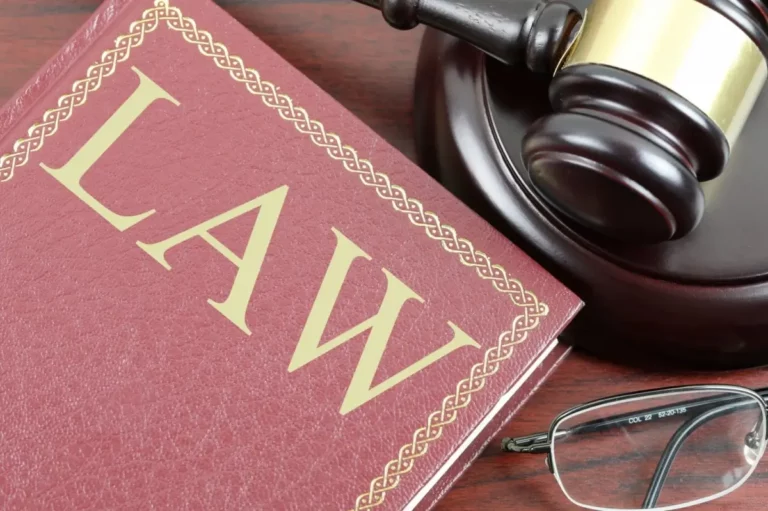How to Write a Will in Ontario: A Step-by-Step Guide
A will is a legal document that expresses your wishes about how you want your property and assets to be distributed after your death. It also names the person or people who will be responsible for carrying out your wishes, known as your executor or estate trustee. Writing a will is an important step in planning for your future and ensuring that your loved ones are taken care of. In this guide, we will explain how to write a will in Ontario, following the legal requirements and best practices.
Legal requirements on how to write a will in Ontario
The legal requirements for writing a will in Ontario are:
- You must be at least 18 years old and mentally capable of making a will.
- You must make the will by yourself, without any undue influence or coercion from others.
- You must sign the will in the presence of two witnesses who are not beneficiaries or spouses of beneficiaries of your will.
- Your witnesses must also sign the will in your presence and the presence of each other.
- Your will must be signed in wet ink and stored as a physical copy, as digital signatures and copies are not valid.
If you do not meet these requirements, your will may be invalid or challenged in court, which can cause delays and disputes among your heirs. Therefore, it is advisable to consult a lawyer or use an online tool or will kit to prepare your will correctly.
Complete guide to write a will in Ontario
Following the steps to write a will is very important. The procedure is not so complicated. Here is the step-by-step guide on how to write a will in Ontario.
Step 1: Choose an online tool or kit that suits your needs and budget.
You can write your own will using an online tool or will kit, which is designed to help you create a valid will in Ontario. You can compare some of the best online wills in Ontario here. Alternatively, you can hire a lawyer to draft your will for you, which may cost more but provide more customized and professional advice.
Step 2: Provide some basic information about yourself and your beneficiaries.
You will need to provide some basic information about yourself, such as your name, address, marital status, and beneficiaries. Beneficiaries are the people or organizations that you want to inherit your property and assets. You can name anyone as a beneficiary, such as your spouse, children, relatives, friends, or charities. You can also specify how much each beneficiary will receive, or leave it to your executor to decide.
Step 3: Specify how you want to distribute your assets and appoint your executor.
You will need to specify how you want to distribute your assets, such as your money, real estate, vehicles, investments, personal belongings, and digital assets. You can either leave specific items to specific beneficiaries or leave your entire estate to one or more beneficiaries. You can also create a trust to hold some or all of your assets for the benefit of certain beneficiaries, such as your minor children or disabled relatives. A trust can provide more control and protection over your assets, but it may also involve more costs and complexity.
You will also need to appoint your executor, who is the person or people who will be responsible for administering your estate according to your will. Your executor will have to perform various duties, such as applying for probate, paying your debts and taxes, distributing your assets, and reporting to the beneficiaries. You can name anyone as your executor, such as your spouse, relative, friend, or lawyer. You can also name more than one executor, or name an alternate executor in case your first choice is unable or unwilling to act.
Step 4: Name a guardian for your minor children and any pets.
If you have minor children (under 18 years old) or any pets, you will need to name a guardian for them in your will. A guardian is the person or people who will take care of your children or pets after your death. You can name anyone as a guardian, such as your spouse, relative, friend, or organization. You can also name more than one guardian, or name an alternate guardian in case your first choice is unable or unwilling to act.
Step 5: List any final wishes and sign your will.
You can also list any final wishes in your will, such as your funeral arrangements, organ donation, or charitable donations. These are not legally binding, but they can provide guidance and comfort to your executor and family.
Finally, you will need to sign your will in front of two witnesses who are not beneficiaries or spouses of beneficiaries of your will. Your witnesses must also sign the will in your presence and in the presence of each other. Your will must be signed in wet ink and stored as a physical copy, as digital signatures and copies are not valid in Ontario.
Congratulations! You have successfully written your own will in Ontario.
You have completed the steps to write your own will in Ontario. You should store your will in a safe place where your executor can find it after your death. You should also inform your executor and beneficiaries about your will and where it is located. You should review and update your will regularly, especially if there are any changes in your life, such as marriage, divorce, birth, death, or moving. You can make changes to your will by creating a new will or adding a codicil, which is a document that modifies your existing will. You should also follow the same signing and witnessing requirements as your original will.
Check: Expert Tips On How To Start A Cleaning Business In Ontario
Conclusion
Writing a will is a vital part of estate planning and ensuring that your wishes are respected after your death. A will can also provide peace of mind and security for your loved ones. In this guide, we have shown you how to write a will in Ontario using an online tool or will kit, following the legal requirements and best practices. We have also explained the benefits and drawbacks of different options, such as hiring a lawyer or creating a trust. We hope this guide has helped you understand how to write a will in Ontario and encouraged you to take action.
Remember to review and update your will regularly, and keep it in a safe place where your executor can access it. If you have any questions or need more assistance, you can always consult a lawyer or use an online service. Thank you for reading and good luck with your estate planning.







